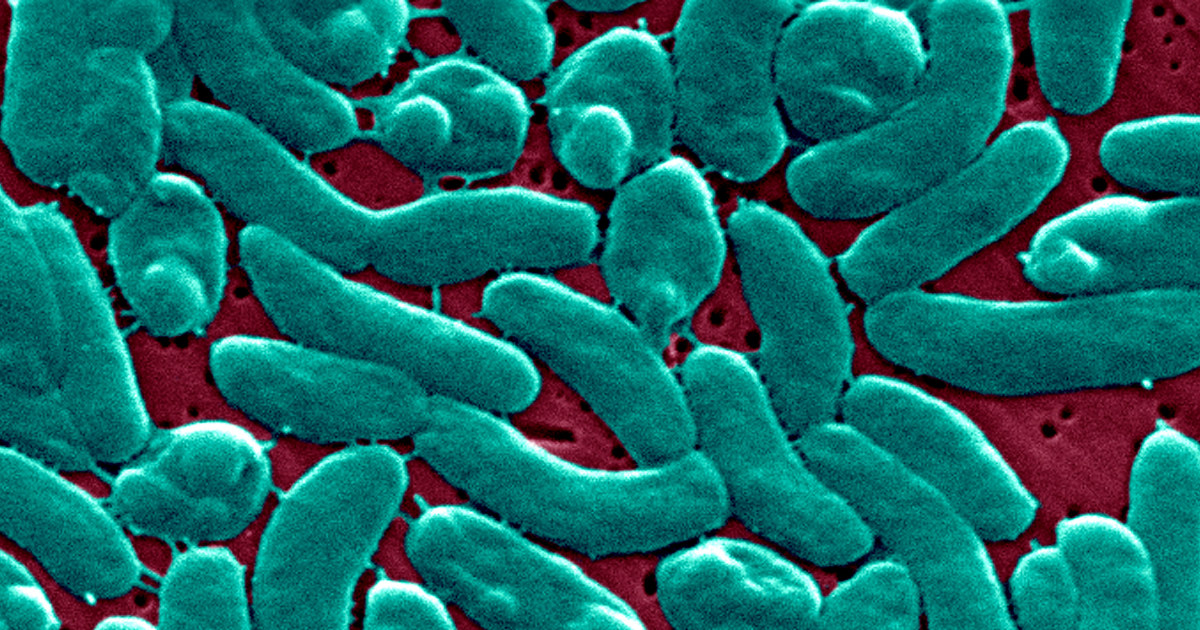Gut health deteriorates with age—try this expert’s five-step plan to keep your microbiome happy and healthy

If you’re struggling with low energy, bloating, poor immunity, skin issues or anxiety, then your gut could be trying to tell you something.
According to Shona Wilkinson, lead nutritionist at supplement and nutrition brand Dr. Vegan (which offers gut-friendly supplement Gut Works), gut health becomes even more important as we get older—and it’s likely a part of the body we’ve overlooked.
“Most people forget that the gut does much more than simply digest your food,” says Wilkinson. “Gut health impacts energy, concentration, your immune system, your ability to sleep and much more.”
“As we age, our gut health naturally changes, often in ways that impact our overall wellbeing. Maintaining gut health in later life is crucial for immune function, skin health, metabolic balance, day-to-day comfort and also our mental health.”
Here’s what you need to know about how your gut changes over time and Wilkinson’s expert five-step plan on how to support a healthy gut.
What happens to the gut as we age?
“One of the most notable changes is the diversity of our microbiome, which is composed of the trillions of bacteria and microorganisms that live inside our gut,” explains Wilkinson.
“Given that a rich, diverse microbiome is the secret to a healthy gut, it’s only natural that issues tend to occur as this diversity declines. This imbalance, known as dysbiosis, can contribute to inflammation, reduced immunity, constipation and poor nutrient absorption.”
“The ageing process also slows down something called gut motility, meaning food moves more slowly through the digestive system, which can lead to constipation and discomfort. Plus, stomach acid production often decreases as we get older, making it harder to break down food and absorb key nutrients such as B12, calcium and magnesium.”
The five-step plan for a healthy gut
1. Eat probiotic-rich foods daily
Fermented foods like kimchi, yogurt and sauerkraut naturally contain an abundance of probiotics— the good live bacteria that can boost your gut health, says Wilkinson.
“Regardless of your age, try adding at least one probiotic-rich food to your diet every day to help restore microbial balance and support digestion.”
2. Cut back on ultra-processed foods
“Highly processed foods often contain additives, emulsifiers and excess sugar that damages your gut microbiome and increases inflammation in the gut,” warns Wilkinson.
“As you get older and your body struggles to break down foods, it’s important to limit the amount of ultra-processed food you consume to maintain gut health. Instead, try and opt for whole, natural foods wherever possible.”
3. Stay hydrated
“Keeping ourselves hydrated is important regardless of our age—though you may find yourself going to the bathroom slightly more often as you get older!
“The more hydrated we are, the smoother our digestive system runs—this helps to prevent constipation, supports the lining of our intestines and keeps things running smoothly. Whether you’re in your early 20s or pushing 70, try and keep yourself hydrated by consuming lots of water throughout the day,” she says.
4. Keep moving
“Physical activity enhances gut motility, reduces inflammation and promotes a more diverse microbiome. Even a daily 30-minute walk can make a huge difference to gut function and overall wellbeing,” says Wilkinson.
5. Prioritize sleep
“Lack of sleep can have a hugely negative effect on your gut health,” Wilkinson adds.
“It can disrupt your gut flora and increase the amount of stress hormones in the body, which in turn can affect digestion. Counter this by trying to keep a regular bedtime, limit screen use before bed, and avoid caffeine in the afternoon to ensure a good night’s sleep.”
Source link






:max_bytes(150000):strip_icc()/The-6-Best-Carbs-to-Help-You-Poop-4205cfcb923542ba8c7a3e0a5f036b7b.jpg)